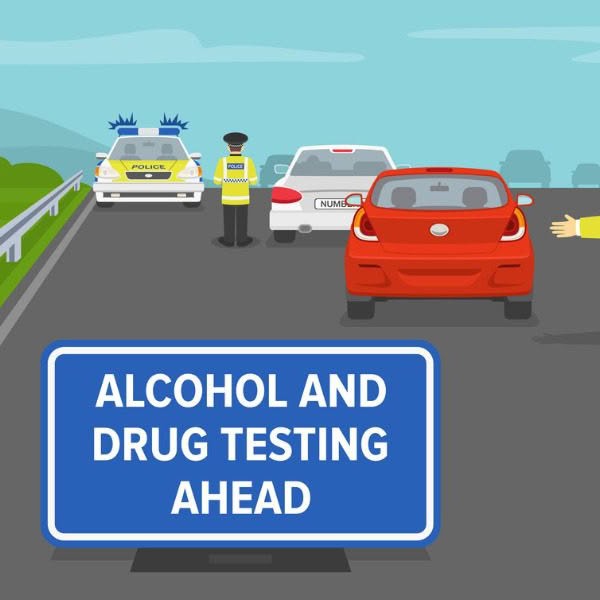
In late December 2020 NZTA advised the RTF that the publication Medical Aspects of Fitness to Drive was to undergo review. As members will be aware, drivers with commercial licence classes (2—5) and commercial endorsements (P, V, I & 0) are required to obtain a current medical certificate at regular intervals e.g., when renewing their driver licence.
When conducting medical examinations or issuing a medical certificate (for driver licensing purposes) Health Practitioners are required to have regard to the Waka Kotahi, NZ Transport Agency, publication entitled Medical Aspects of Fitness to Drive: A Guide for Health Practitioners.
According to NZTA there have been considerable advances in medical treatments since Medical Aspects was last reviewed. This means some advice contained in this publication may now be obsolete, unnecessary or inappropriate.
To address these medical advances, NZTA plans on reviewing the publication. The review will involve medical specialists representing each of the medical fields/conditions covered by Medical Aspects. There will also be areas that may need to be included or expanded upon e.g., medicinal cannabis or fatigue.
Commercial drivers in the trucking industry, as well as taxi drivers, driver education and bus/coach industries are required to undergo medical examination and present a medical certificate when obtaining/renewing their driver licence classes and endorsements so employers need to be aware that some of the driver acceptance criteria for licencing may be different in the future.
At present NZTA is still considering how the review should be undertaken and the likely timetable. However, it is envisaged the review will commence early 2021.
RTF and member associations active participation in the review is not expected, as the review is of a technical nature with participants expected to have detailed medical knowledge in their specialist field. The advice sent to RTF for distribution to members is simply a heads up to keep industry informed.
NZTA is open to receiving any queries on this topic.
Driver health fitness
Overseas long-haul drivers are showing up increasingly unhealthy according to reports released just a few years back. At a Transport Research Board presentation dated 2017 driver medical records for 88,000 drivers illustrated some 53% were over normal body weight expectations and just 15% were within weight guidelines. The researchers concluded the data from 48 states demonstrated that there would be meaningful increases in disqualifying medical conditions in the coming years. The work was part of larger body of work attempting to determine the relationship between driver health and crash risk. Interestingly at this stage they have not sought to evaluate the prevailing health conditions impact on occupational accidents.
More recent driver health research (concluded 2021) has indicated some 49% of truck drivers are at risk of sleep apnea, based on the driver medical records tested. However, given the sampling was relatively small (22,000 driver records) the researchers suggested it would be inappropriate to conclude a significant prevalence of sleep apnea within the total driver population. Since 2017 medical practitioners have elected to assist drivers with this condition by setting up treatment arrangements.
The new emphasis within transport companies in the US is on both equipment efficiency and driver health. This latter aspect has been influenced by the fact COVID has the potential to completely shut down a carrier if appropriate health management steps are not put in place. Some of the larger carriers are using predictive algorithms to assist decision making around driver deployment in the event that part of their operation is impacted by COVID.

